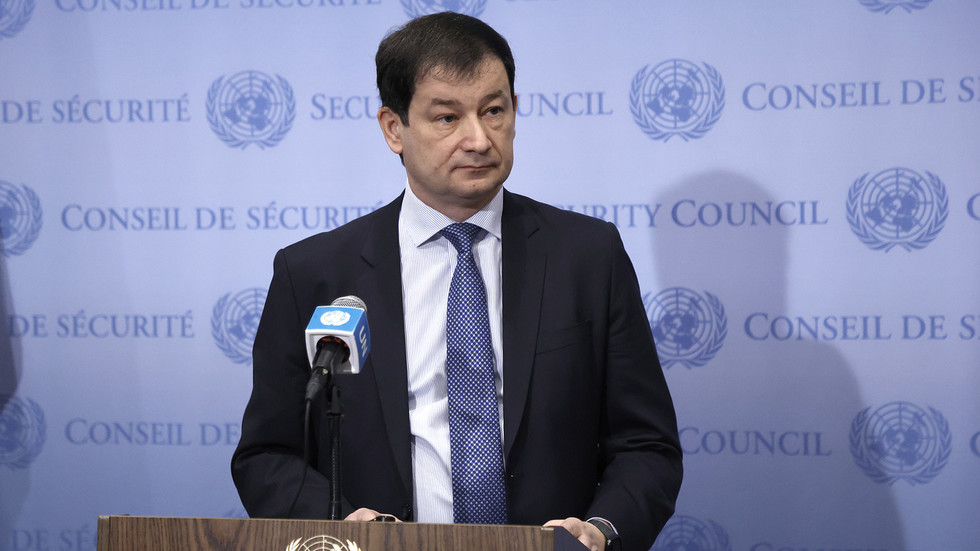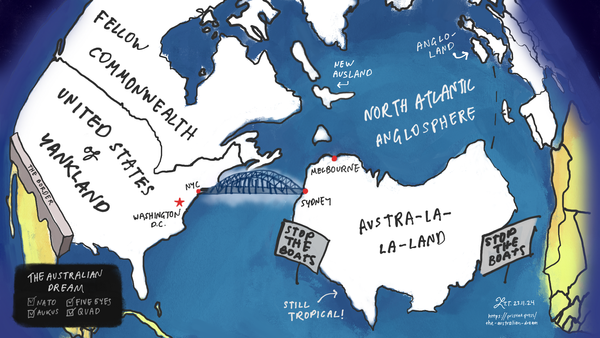How media determines discourse
A montage of how media determines discourse.
A montage piece on how media determines discourse.
[This argument] fixes its attention on the forms of human conversation, and postulates that how we are obliged to conduct such conversations will have the strongest possible influence on what ideas we can conveniently express. And what ideas are convenient to express inevitably become the important content of a culture.
[Source: Amusing Ourselves to Death by Neil Postman, via Bret Victor]
We must remember that Galileo merely said that the language of nature is written in mathematics. He did not say everything is. And even the truth about nature need not be expressed in mathematics. For most of human history, the language of nature has been the language of myth and ritual. These forms, one might add, had the virtues of leaving nature unthreatened and of encouraging the belief that human beings are part of it. It hardly befits a people who stand ready to blow up the planet to praise themselves too vigorously for having found the true way to talk about nature.
[Source: Amusing Ourselves to Death by Neil Postman, via Bret Victor]
Every technology has a prejudice. Like language itself, it predisposes us to favor and value certain perspectives and accomplishments. In a culture without writing, human memory is of the greatest importance, as are the proverbs, sayings and songs which contain the accumulated oral wisdom of centuries. That is why Solomon was thought to be the wisest of men. In Kings I we are told he knew 3,000 proverbs. But in a culture with writing, such feats of memory are considered a waste of time, and proverbs are merely irrelevant fancies. The writing person favors logical organization and systematic analysis, not proverbs. The telegraphic person values speed, not introspection. The television person values immediacy, not history...
Every technology has a philosophy which is given expression in how the technology makes people use their minds, in what it makes us do with our bodies, in how it codifies the world, in which of our senses it amplifies, in which of our emotional and intellectual tendencies it disregards. This idea is the sum and substance of what the great Catholic prophet, Marshall McLuhan meant when he coined the famous sentence, “The medium is the message.”
[Source: Five Things We Need to Know About Technological Change by Neil Postman, via Bret Victor]
A second example concerns our politics... The radicals who have changed the nature of politics in America are entrepreneurs in dark suits and grey ties who manage the large television industry in America. They did not mean to turn political discourse into a form of entertainment. They did not mean to make it impossible for an overweight person to run for high political office. They did not mean to reduce political campaigning to a 30-second TV commercial. All they were trying to do is to make television into a vast and unsleeping money machine. That they destroyed substantive political discourse in the process does not concern them.
[Source: Five Things We Need to Know About Technological Change by Neil Postman, via Bret Victor]
David Sirota: I think there are two answers. First, we can’t negate the fact that something has changed in our entire culture, whether it’s because of media, because of social media, something has changed, and we’ve become kind of a goldfish culture (goldfish don’t actually forget their whole worlds every fifteen minutes, though the apocryphal myth is that they do). But I think we now live in a culture where, especially in politics, we are led to forget our entire world every fifteen minutes. And that is a larger problem than this, but I think you’re right: the war on terror, the Iraq War, and the financial crisis have been memory-holed — those are the most illustrative examples of that, because if you can memory-hole those things, then you can memory-hole anything. Now, I will say, I don’t think those things were necessarily memory-holed experientially. The financial crisis and what it did to a generation of people . . . People may not remember the financial crisis, but they certainly experienced the negatives of the aftermath: Millions of people being thrown out of their homes and the like, so that’s one reason.
[Source: Obama's Failures Birthed Trumpism on Jacobin]
One of the many results of all this is:

Western diplomacy ‘primitive’ – Moscow
Russians have had to dumb down their speeches at the UN so other countries can understand them, deputy representative Dmitry Polyansky has said.
Russian diplomats perceive their Western counterparts' approach to international affairs to be “quite primitive,” Moscow’s deputy permanent representative to the UN, Dmitry Polyansky, has said. Moscow's representatives are not certain what caused this, but have simplified their messaging in response, he added.
Polyansky made remarks about the quality of the Western diplomatic corps in an interview with RIA Novosti published on Monday, based on his personal experience at the UN. He expressed concern about Anglophone speakers at the forum selectively ignoring the context of particular situations for their own benefit.
"They pick an arbitrary point in time and claim nothing happened before it. They try to blame a nation for its actions regardless of prior events or the general context,” he explained.
The diplomat cited the Ukraine conflict as an example. The US and its allies have been describing Moscow’s military action against Kiev as “unprovoked” and supposedly motivated by “imperial ambitions,” and have pressured other nations to frame it in the same way. As they learn more about the conflict, however, those parties realize how much the general context and Western actions since Ukraine gained its independence matter, he added.
"This trick does not always work, but it is a trend. I don’t know if it’s some deeper trend or just something typical for some people coming from [Western] schools of diplomacy,” Polyansky said. “Having a dialogue with them is challenging because they show certain superficiality, tunnel vision, and unwillingness to seek the core causes of conflicts. No solutions can be found without [such analysis].”
The office of the Russian envoy to the UN has been simplifying its addresses due to uncertainty over how their words are understood, he said. Russian diplomats used to quote foreign and Russian classics in speeches, but are no longer using this rhetorical device as much, Polyansky said.
"Times dictate things. Our partners may now be less well-read individuals, so occasionally we want to speak in plainer terms to make sure our signal comes through,” he explained.


